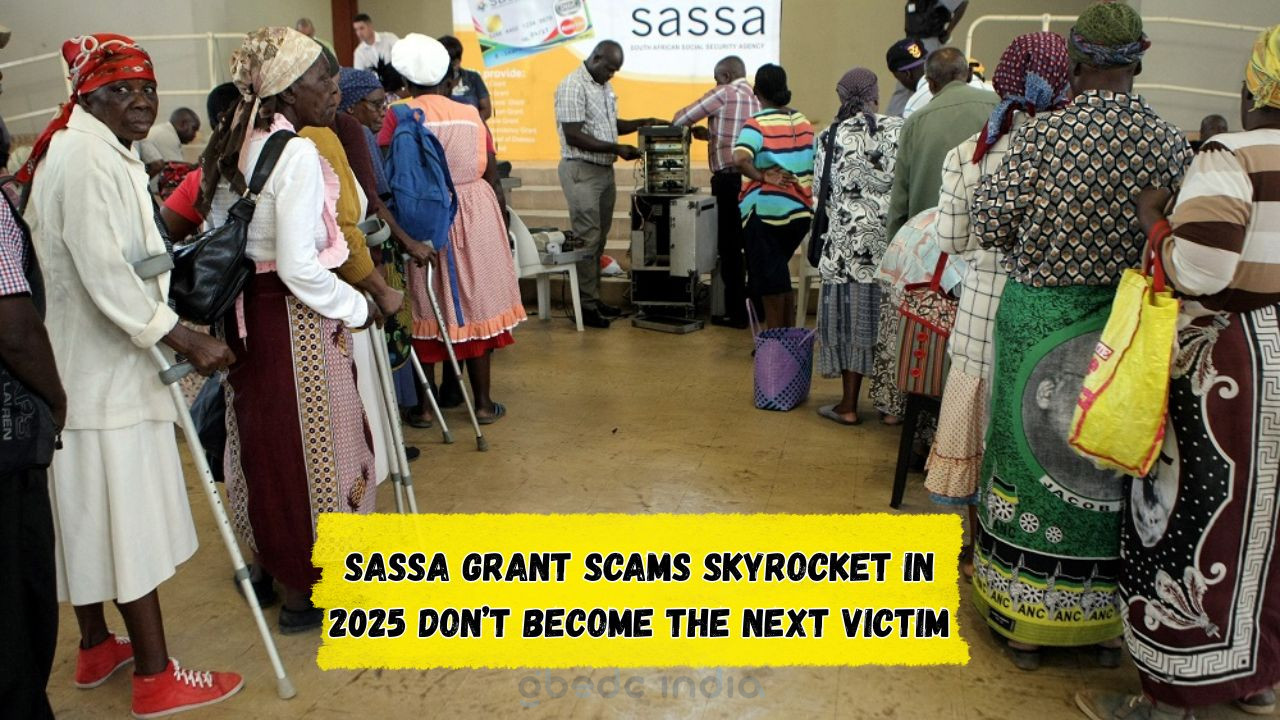14-Hour Load Shedding: Residents in Gauteng and the Northern Cape are preparing for an unprecedented power outage as a 14-hour load shedding schedule is set to take effect. This extensive disruption in electricity supply is part of an ongoing effort to manage the demand on South Africa’s national power grid.
Impact of Load Shedding in Gauteng
The province of Gauteng, being the economic hub of South Africa, faces significant challenges with extended load shedding. The impact is felt across various sectors, from businesses to households. Small businesses, in particular, struggle to cope with the interruptions, often resulting in loss of income and productivity.
- Increased operational costs for businesses using generators.
- Disruption in public transport services due to signal outages.
- Potential damage to electronic equipment from power surges.
- Economic slowdown due to reduced manufacturing outputs.
- Increased crime rates during prolonged dark periods.
Extended Power Outages in the Northern Cape
In the Northern Cape, load shedding poses a different set of challenges. The region, known for its mining and agricultural activities, relies heavily on a stable power supply. Extended outages threaten not only the livelihoods of workers but also the preservation of perishables and the operation of essential machinery.
Residents in rural areas are particularly vulnerable, as they often lack access to alternative power sources. This exacerbates the challenges faced by farmers in maintaining irrigation systems and processing facilities.
| Region | Sector | Impact | Solution |
|---|---|---|---|
| Gauteng | Manufacturing | Production delays | Invest in backup generators |
| Northern Cape | Agriculture | Spoilage of produce | Solar-powered cold storage |
| Gauteng | Retail | Loss of sales | Flexible trading hours |
| Northern Cape | Mining | Reduced output | Alternative energy sources |
| Gauteng | IT Services | Data loss | Cloud backups |
Preparing for Long Power Cuts
With the unpredictability of the load shedding schedule, preparation is key to mitigating the effects. Residents and businesses alike are encouraged to develop contingency plans to manage the extended power cuts effectively.
Ensuring that emergency lighting, power banks, and sufficient non-perishable food supplies are readily available can alleviate the immediate impacts. Businesses should consider investing in UPS systems or alternative energy solutions such as solar power to maintain operations during outages.
- Develop a load shedding schedule tracker.
- Stock up on candles and rechargeable lights.
- Ensure all electronic devices are fully charged before outages.
- Plan meals that do not require cooking.
- Communicate with neighbours for support and updates.
Adapting to this new normal requires both individual and communal efforts. By working together, communities can better withstand the challenges posed by extended load shedding.
Government Initiatives and Assistance
In response to the crisis, the government is exploring various initiatives to reduce the frequency and duration of load shedding phases. These include investing in renewable energy projects and enhancing the infrastructure of the national grid.
Key Strategies for Load Shedding Mitigation
- Implementation of energy-efficient practices.
- Incentives for businesses adopting green technologies.
- Public awareness campaigns on energy conservation.
- Strengthening of power grid infrastructure.
- Collaboration with international energy experts.
The government’s commitment to finding sustainable solutions is crucial for the long-term stability of the power supply in South Africa.
Community Role in Load Shedding
Communities play a vital role in managing the impact of load shedding. By organizing neighborhood watch programs and sharing resources, residents can create a safer and more resilient environment.
- Participate in local energy conservation workshops.
- Share generators during peak load shedding times.
- Organize community events during outages to build solidarity.
- Form WhatsApp groups for real-time updates and support.
These collective actions not only enhance security but also foster a sense of community spirit.
Business Continuity Plans
For businesses, having a robust continuity plan is essential. This includes identifying critical operations, securing data, and ensuring employee safety during power outages.
- Define essential service areas to prioritize during outages.
- Invest in cloud-based solutions for data security.
- Establish remote working policies.
- Train staff on emergency protocols.
By implementing these measures, businesses can maintain functionality and minimize disruptions.
Load Shedding ScheduleGautengandNorthern Cape
Residents are advised to stay informed about the load shedding schedule through official channels to plan their activities accordingly.
Information and Updates
| Platform | Type | Access | Link |
|---|---|---|---|
| ESKOM Website | Schedule Updates | Online | Visit |
| Local News | Current Events | Broadcast | Visit |
| Community Forums | Discussion | Online | Visit |
| Mobile Apps | Alerts | App Store | Visit |
| Radio Broadcasts | Live Updates | FM/AM | Visit |
Staying Prepared
Plan Ahead:
Ensure you have a clear understanding of the load shedding schedule and keep emergency kits ready.
Community Support:
Engage with your community to share resources and information during outages.
Invest in Alternatives:
Consider solar panels or generators to minimize the impact on daily life.
Energy Conservation:
Adopt energy-efficient practices to reduce overall demand.
Stay Informed:
Keep up with updates from reliable sources to anticipate changes in the schedule.






